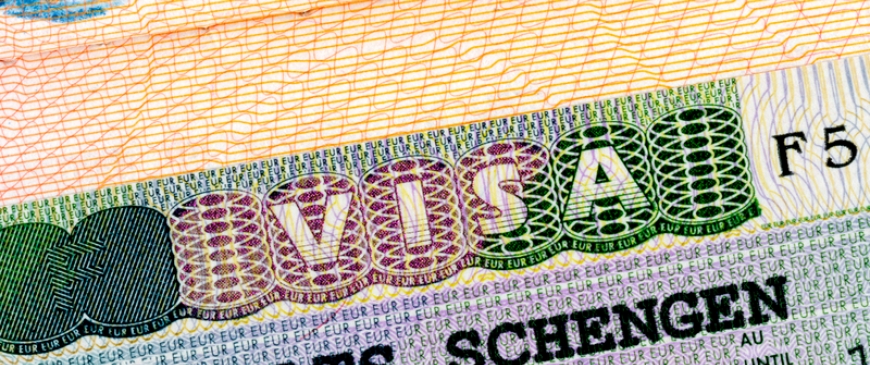
Sarkozy-Berlusconi: A border control farce
When Nicolas Sarkozy and Silvio Berlusconi announced plans to weaken passport-free travel in Europe this week, many onlookers concluded that the EU's most tangible achievement, the Schengen zone, was going the way of the single currency.
This is unlikely. Like the euro, the Schengen area, where passport checks were abolished in 1995, and which created a freedom to travel not seen since before the first world war depends on each country managing its own affairs well and behaving sensibly during testing times. That is where the analogy ends. Under Schengen, countries have been able to reintroduce border controls for up to a month in an emergency. The euro has no such safety valve.
What the French and Italian leaders want is the right to define an "emergency" in looser terms. Schengen's border code should be changed, they say, to allow checkpoints to go back up when large numbers of destitute migrants overrun a neighbouring state. The danger is that Schengen-area governments might claim emergency situations all the time, breaking the notion that one can travel from Faro in Portugal to Narvi in Estonia without hindrance. But those pronouncing on the strange death of liberal Europe should consider a few realities first.
For starters, both leaders will have to jump through several hoops to get the rules changed. Only the European commission can propose them. Next, a majority of the other 23 Schengen members would have to agree to them. At least 11 are countries whose people regard the freedom to travel unhindered as the final laying to rest of a fascist or a communist past. Finally, the European parliament needs to approve. But MEPs spoke out against France's arbitrary deportations of Roma in 2010 and lamented Italy's morally bankrupt deal on immigration with Muammar Gaddafi.
And what does rewriting the Schengen rules do to alleviate the crisis Italy claims it faces from Tunisian immigration? The "reform", which would take a long time to become law anyway, would presumably make life harder for the Italians as France, and perhaps others, would be free to close the border more often. Berlusconi has been too taken in by the emotional rhetoric of Roberto Maroni, his interior minister. Maroni, a politician with Berlusconi's coalition partner, Lega Nord, believes fewer migrants would come if they thought Italy could no longer be counted on to be Europe's gateway. This assumption is almost certainly wrong.
The Sarkozy-Berlusconi summit was more about political theatre than serious policy reform. Both are fighting for their careers: Sarkozy faces what looks like an increasingly serious challenge from Marine Le Pen of the hard-right Front National; Berlusconi relies on the virulently anti-immigrant Lega Nord to stay in power. For them, the chief aim of the meeting was to shock and, in the process, steal the clothes of anti-Schengen politicians at home.
None of this is to say that the Schengen area has a clean bill of health. Some members cannot, or will not, control their border to the required standard. Greece, for example, joined in 2000 but has remained subject to passport checks in other member states due to its hugely challenging border, bad public administration and poor system of refugee protection. And there are no sanctions for countries that act erratically hence Italy's cynical move to nudge Tunisian migrants onwards to France with residency permits issued contrary to Schengen rules.
For now, though, the story is that two Mediterranean leaders had a spat over immigration; they made up by agreeing it was someone else's fault. They announced initiatives that made them feel better but ignored the difficult issue at hand. The end.
